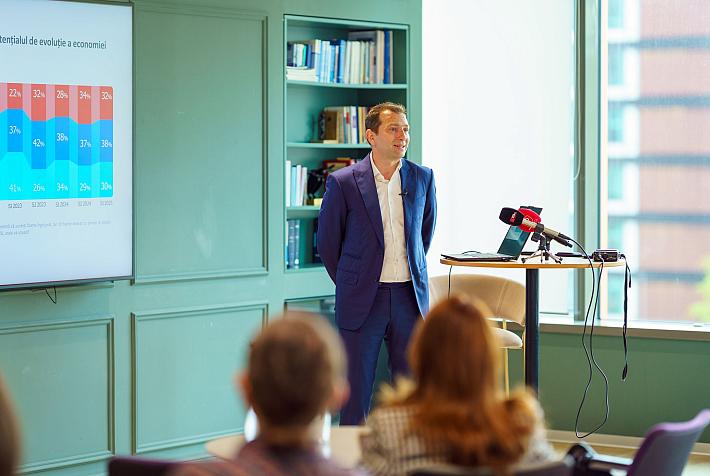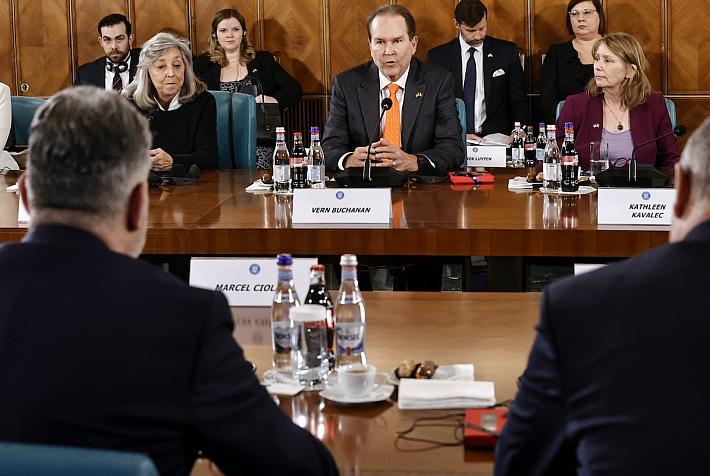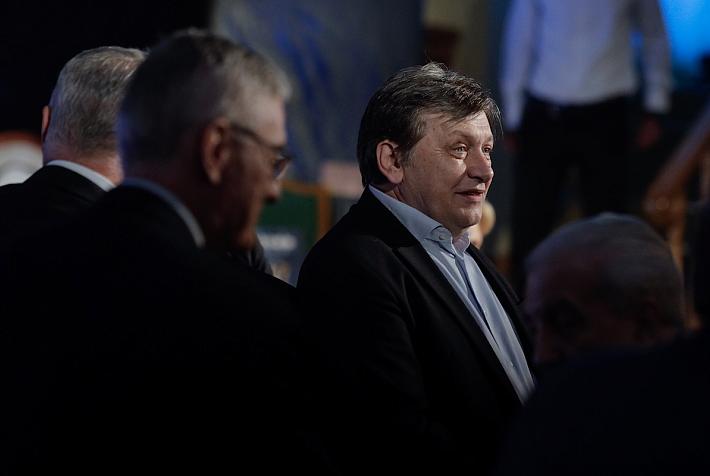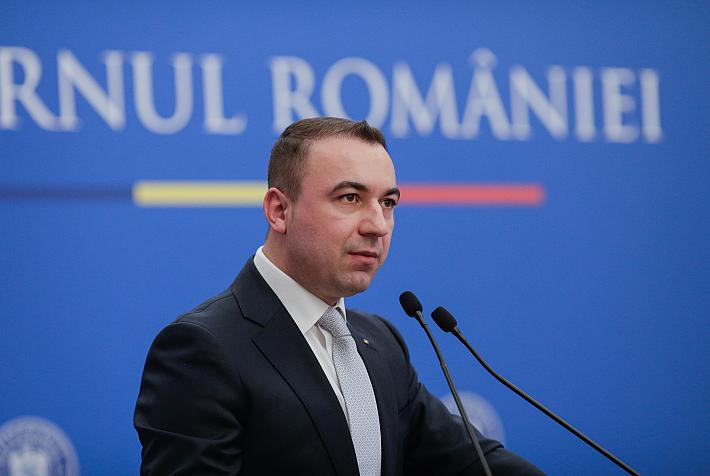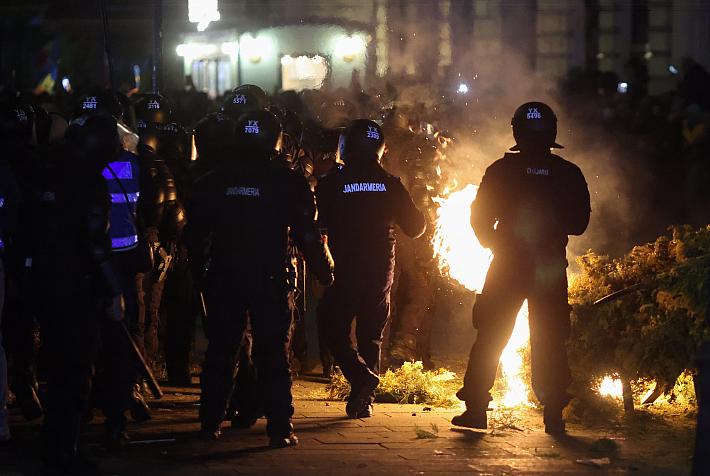WP: Giuliani says letter sent to Romania has nothing to do with U.S. Govt.
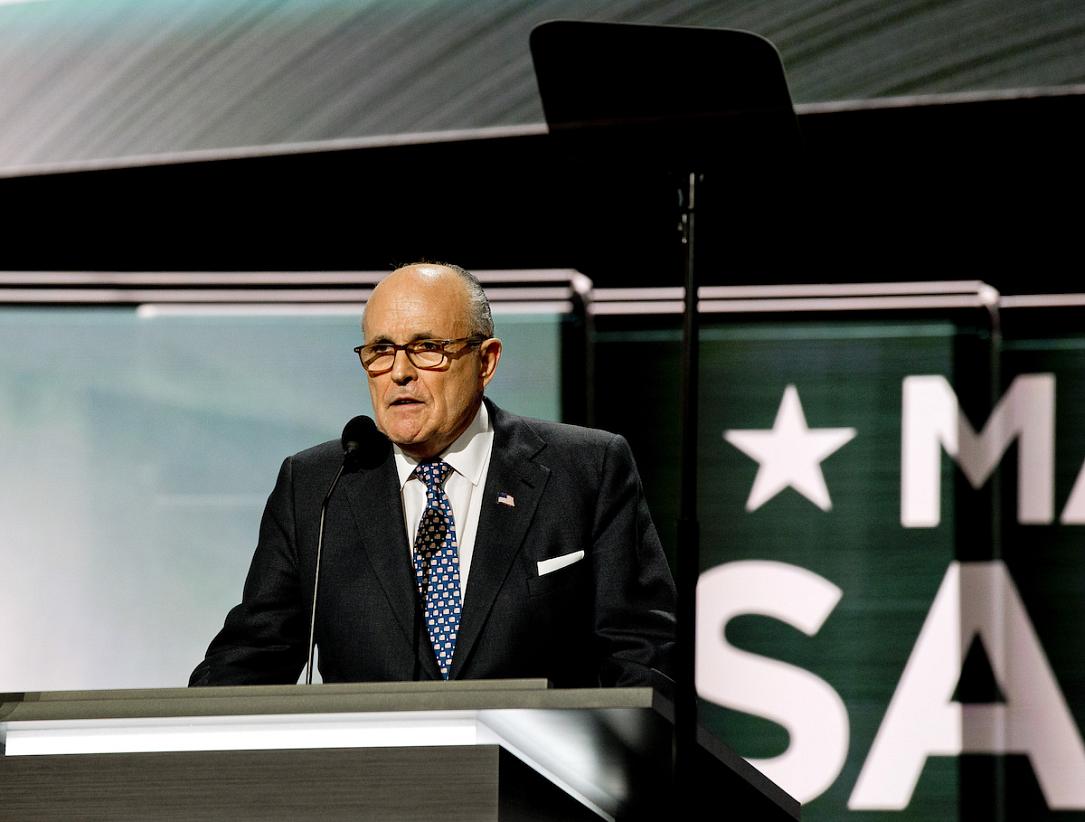
Rudolph Giuliani, a former mayor of New York City and a current layer of U.S. President Donald Trump, said the letter he sent a few days ago to Romanian officials has nothing to do with the U.S. government or the American president, but that he had spoken to at least one Romanian official.
The Washington Post reported that Giuliani received a call from U.S. State Department officials this week on this subject, as they wanted to know if the letter is genuine. “Absolutely,” Rudolph Giuliani said he replied.
In his letter, which he also addressed to Romanian president Klaus Iohannis, the former NY mayor criticized the “excesses” of the National Anticorruption Department (DNA), and called for an amnesty to be extended “to those who have been prosecuted and convicted through the excesses of the DNA.” This was in contradiction with other official statements of the U.S on the rule of law and justice system in Romania. For example, in late-June this year, 12 countries, including the United States, released a joint statement in which they said Romania has shown “considerable progress in combatting corruption and building effective rule of law” and asked the country to avoid changes that would weaken the rule of law or the country’s ability to fight crime or corruption.
When asked why he took a position contradicting the U.S. government, Giuliani said: “I’m a private citizen.”
“Maybe I should have put in the letter that I’m not representing the president,” he also said, according to The Washington Post, adding that he had spoken to at least one Romanian official. However, he declined to say who this Romanian official was.
Rudolph Giuliani also admitted to Politico that he was paid by consulting firm Freeh Group International Solutions to send the letter. The consulting firm was founded by former FBI director Louis Freeh, who, just days before Giuliani’s letter, also recommended five measures “to fix rule of law in Romania” in a Forbes article. These also included relief for individuals who have been convicted without due process with insufficient or unlawful evidence or under the protocols of conflicted judges.
Freeh’s consulting firm counts among its clients some very rich Romanians who have problems with the law, such as Gabriel Popoviciu and Alexander Adamescu, according to the Romanian media.
Giulani’s letter has triggered many reactions. One of them came from Romania’s ambassador to the U.S., George Maior, who said this was the result of a lobbying campaign by people in Romania that have had problems with the law in the past. Meanwhile, American political scientist Francis Fukuyama also criticized Giuliani’s letter on Twitter. Sharing the Politico story in which the former NY mayor admitted to having been paid to send the letter, Fukuyama wrote: “Rudy seems to have made a career of defending corrupt politicians. Giuliani got paid for advocacy in Romania.”
Rudy seems to have made a career of defending corrupt politicians. Giuliani got paid for advocacy in Romania https://t.co/QIEkb3d0wI via @politico
— Francis Fukuyama (@FukuyamaFrancis) August 29, 2018
However, back in Romania, the head of the ruling Social Democratic Party (PSD) Liviu Dragnea welcomed the letter from Rudolph Giuliani, saying that its “bitter conclusion” is that “the confidence in the Romanian justice system is seriously shaken among external partners and foreign investors.”
Irina Marica, irina.marica@romania-insider.com
(Photo source: Shutterstock)







